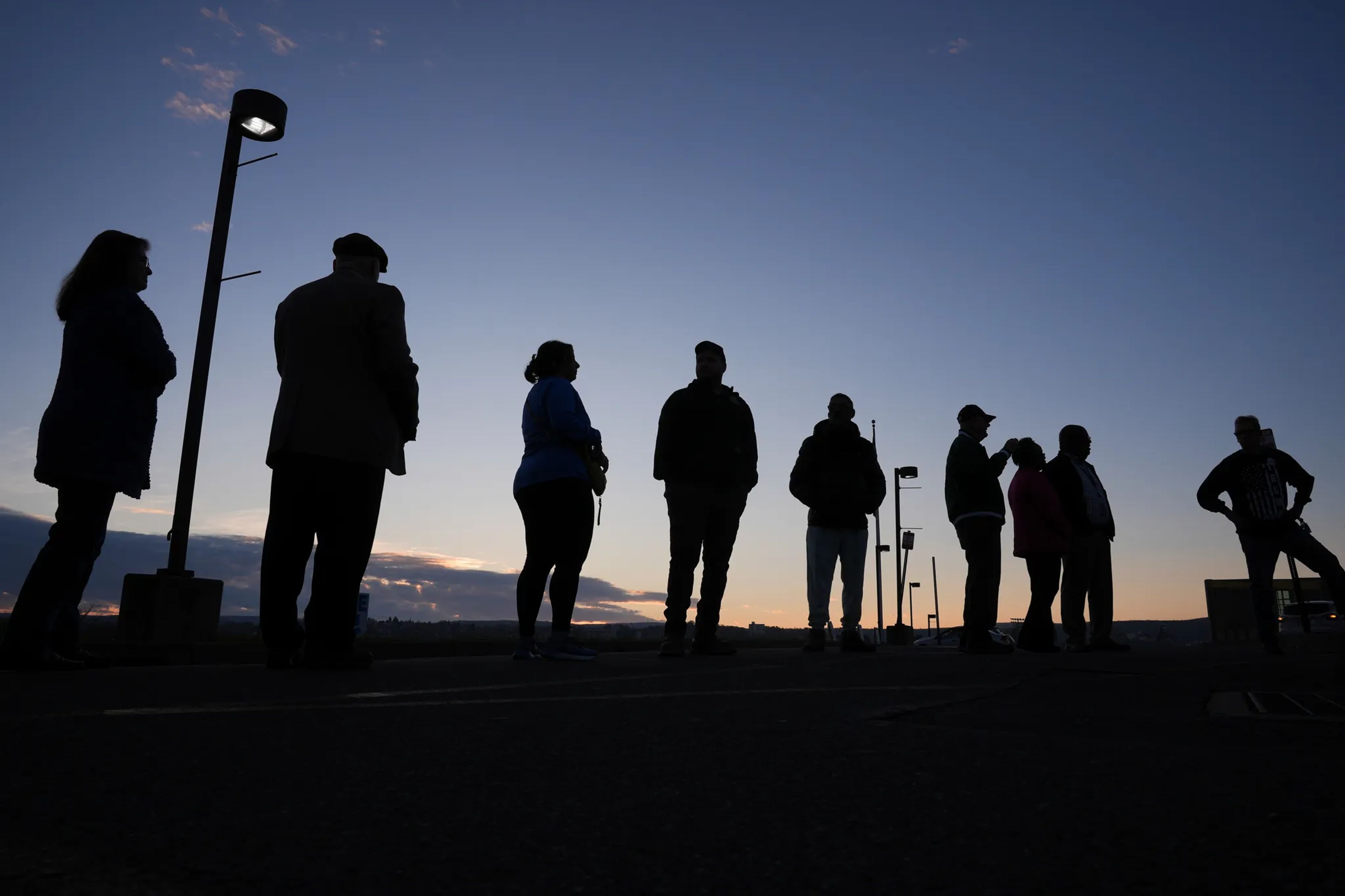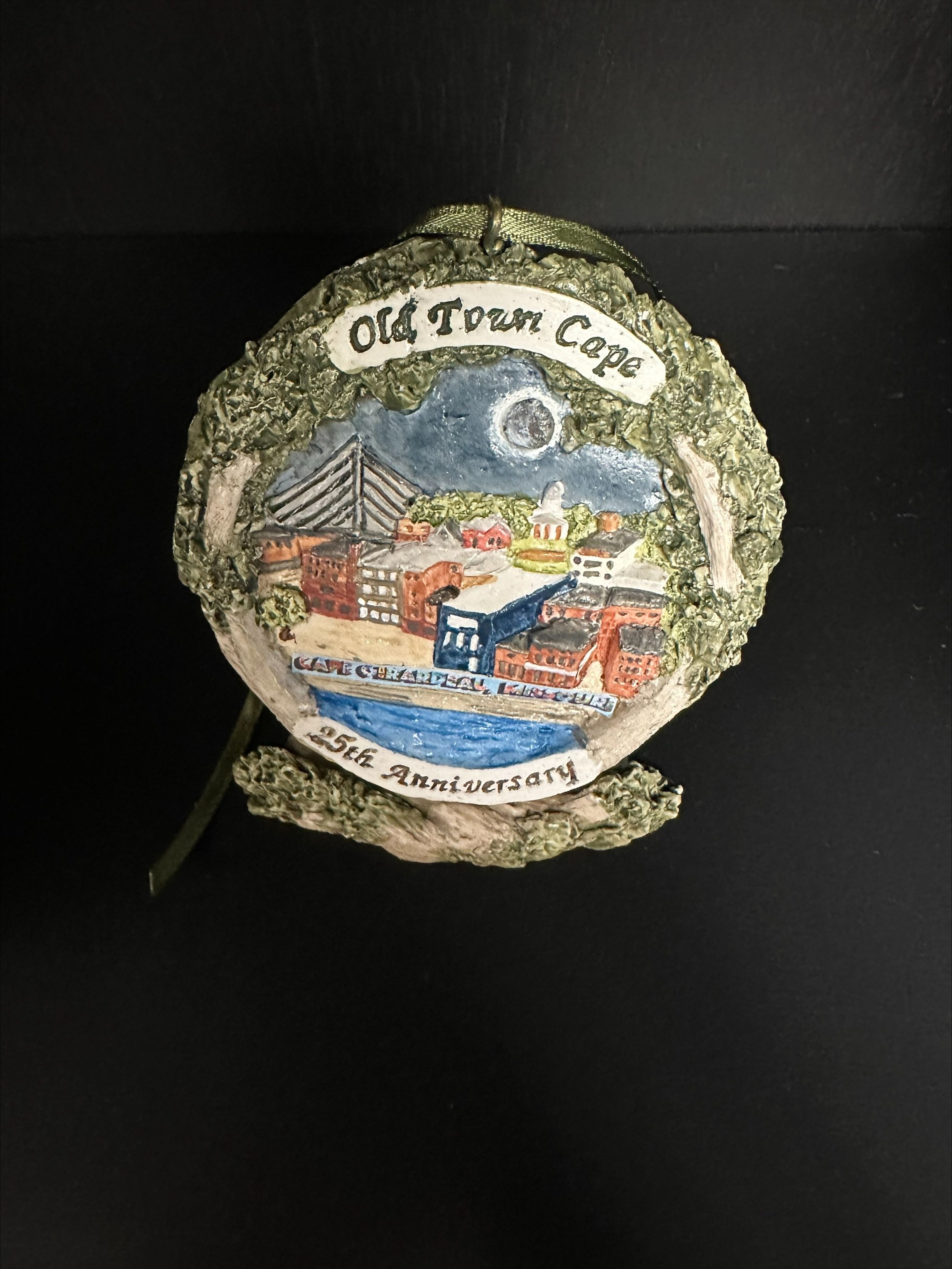WAR DOMINATED CITY'S THOUGHTS IN 1940S
CAPE GIRARDEAU -- Most young men and women graduating from high school are concerned about the future. The thoughts of what career to choose or whether to enroll in college normally weigh heavily on their minds. But in 1941, when Mack Estes graduated from Cape Girardeau Central High School, such thoughts were supplanted by the encumbrance of national service...
CAPE GIRARDEAU -- Most young men and women graduating from high school are concerned about the future. The thoughts of what career to choose or whether to enroll in college normally weigh heavily on their minds.
But in 1941, when Mack Estes graduated from Cape Girardeau Central High School, such thoughts were supplanted by the encumbrance of national service.
"Getting out of high school, you were automatically thinking about what you were going to do with your life," said Estes. "But with the war, you didn't have to worry about your future. Everyone pretty much accepted the fact that they would serve their country" in World War II.
As a senior in high school, the horror of the Dec. 7, 1941, attack on Pearl Harbor helped to stir patriotism throughout the nation, including Cape Girardeau, Estes said.
"There already were a number of national guardsmen and draftees starting to go," he said. "The younger 18- and 19-year-olds had not started to enlist, but the Army Air Corps came through in August or September 1942 and had a mass recruiting drive. They cleaned out all the young fellas along the Mississippi River. They had a selling job that was very, very efficient, and, of course, at that time, a majority of the people were very patriotic."
Estes said young men didn't consider how long they'd be in the armed services when they enlisted, but they knew it would be "for the duration."
Estes said Cape Girardeau had its share of war heroes and young men who were killed in action. He said patriotism here was high when the war ended in 1946.
"Everyone went out of their way to help the boys coming home," he said.
Estes said local merchants had saved clothing and other merchandise for the troops returning to town. "Whatever was available that you needed, they did whatever they could to help us out," he said.
Estes said World War II came at a time when Cape Girardeau, economically, was just beginning to rebound from the Great Depression of the 1930s.
Estes said in the early 1940s people were judged solely by the "niche" they were able to make for themselves through hard work and perseverance. He said the Depression affected everyone, rich and poor.
"More or less everyone made their own niche," Estes said. "There weren't people who were considered successful just because of their name or because they came from a prominent family."
Estes said there was plenty for young people to do in Cape Girardeau during the early 1940s. "I thought it was a great place to grow up," he said. "It was a great place where you could go on a date for a nickel or dime, if you had it."
One local "hangout" was Haman's on the corner of Cape Rock and Kingshighway. Estes said many high-school students would go to the soda fountain and congregate after school or after sporting events.
The two high schools, Central and Notre Dame, also provided plenty of diversions for restless youngsters with an unsatiable appetite for activities.
"The sporting events football basketball and track that was a big thing for most of us," Estes said. "Most of the social life was centered around each particular high-school group or clan, like small towns do. Outside of that, many of us worked after school because of just coming out of the Depression."
Estes said students frequented the city's three or four theaters, where you could see a movie for 15 cents during the week and a quarter on Sunday.
"Also, around the university there were three drug stores," he said. "All the drug stores had soda fountains and booths the kind of entertainment where you could go and not be embarrassed if you had money or not."
Estes said Cape Girardeau's population was about 17,000 in the early '40s. He said one of the city's primary business districts was in the Good Hope Street area, known as Haarig.
"There were a lot of rural people who just came into that part of town," he said. "Really, the Broadway business area was probably smaller, as far as shopping."
But Estes said Broadway Street featured one of Cape Girardeau's primary attractions in the Marquette Hotel, which still stands on the corner of Broadway and Fountain. "I can't describe what a grand place that was," he said. "It was really a place, if anyone came to town to visit, that you took them to the Marquette Hotel and walked them through."
Estes said the Mississippi River also provided a good deal of entertainment via river boats that made their way between St. Louis and New Orleans.
"Probably the grandest thing that happened at school each year was when the riverboat called the Cape Girardeau would come some afternoon and the high-school kids went on an excursion down to Commerce," he said. "That was one of the big things of the year."
Estes said the city has changed most in its business development. He said the Haarig business district declined significantly, just as did the Main Street district a few years ago. "I'm proud to say Main Street looks like it's coming back now very nicely," he said. "But, of course, the entire trend of people shopping has been to the west end."
Estes said he's somewhat surprised at the city's north and western expansion. "I remember when they built the Arena Building. My father thought it was the silliest thing imaginable because, when it was built, Arena Park was out of town," he said.
Estes said that despite the changes over the years, Cape Girardeau still is a place where residents can "walk down the street in the morning." He also said the city's economy has remained strong through the years.
"Basically, the economy of the town seems like it's stayed, and it doesn't fluctuate as much as other parts of the country," Estes said.
Connect with the Southeast Missourian Newsroom:
For corrections to this story or other insights for the editor, click here. To submit a letter to the editor, click here. To learn about the Southeast Missourian’s AI Policy, click here.








